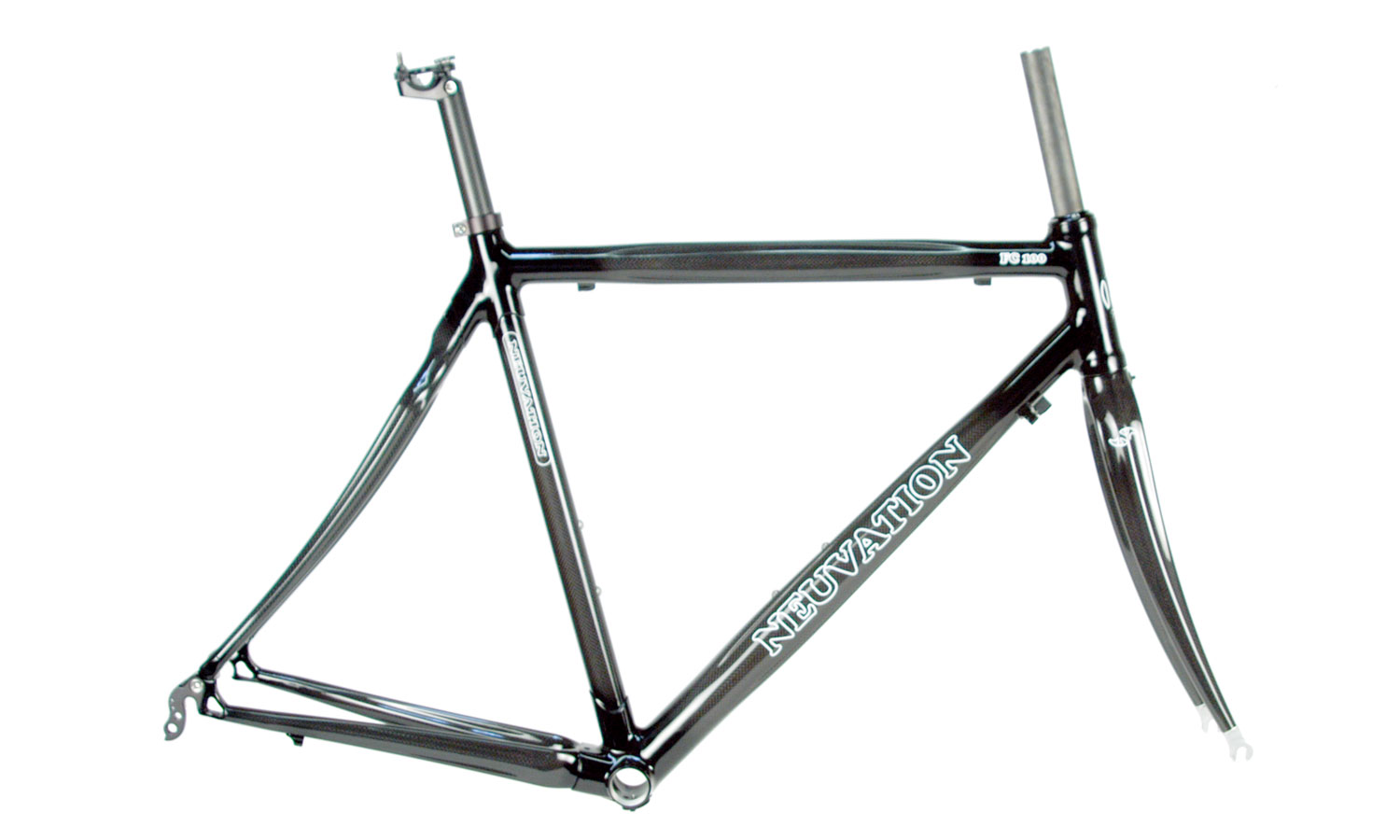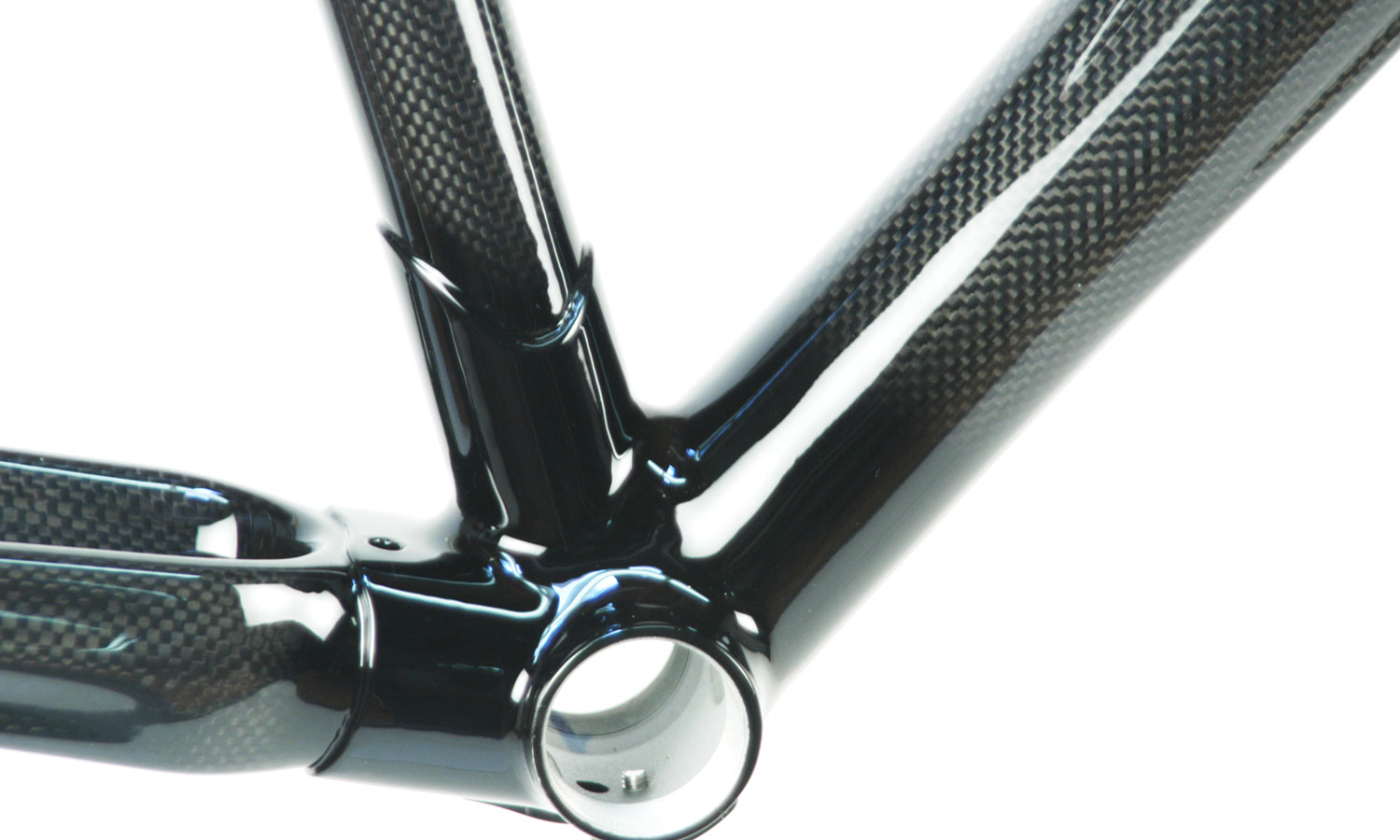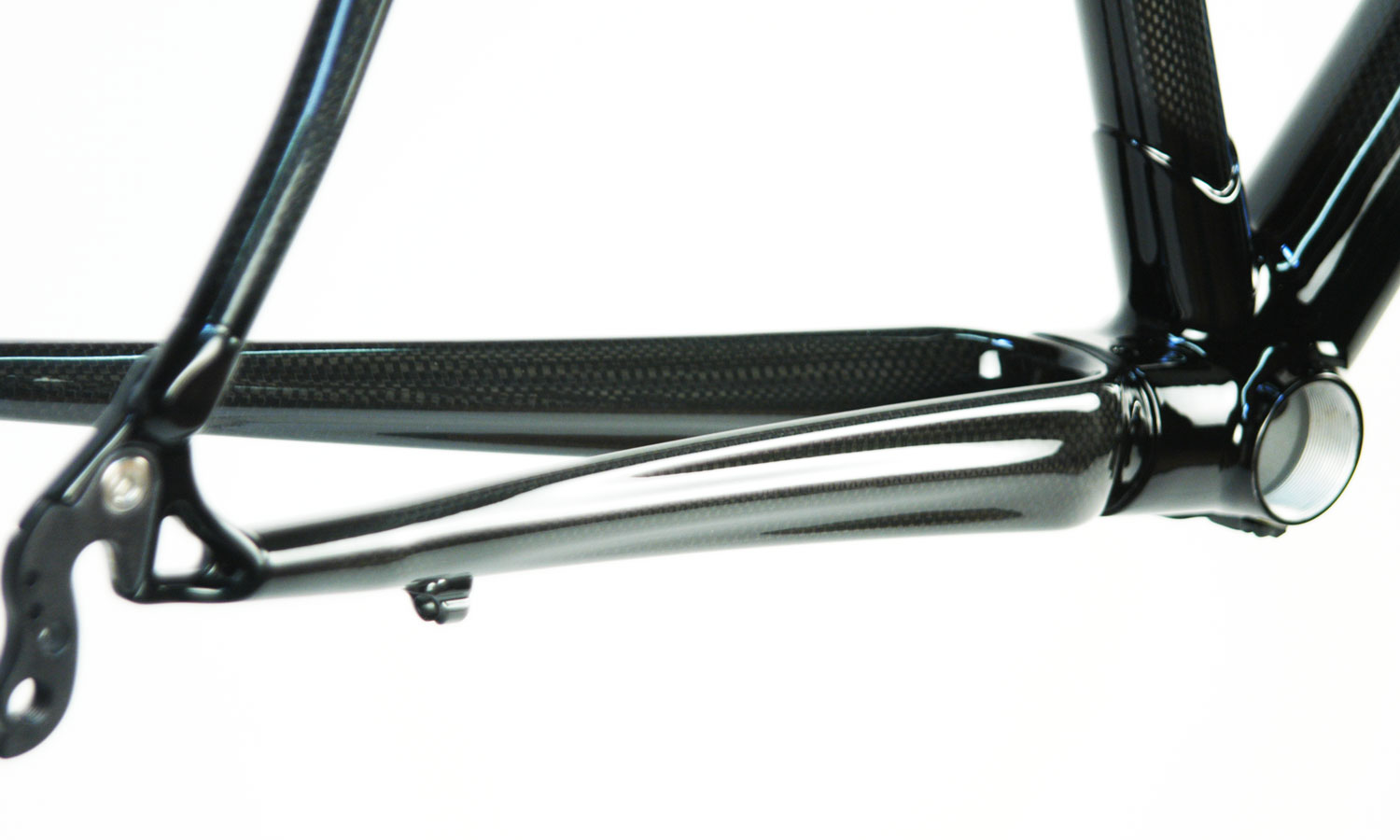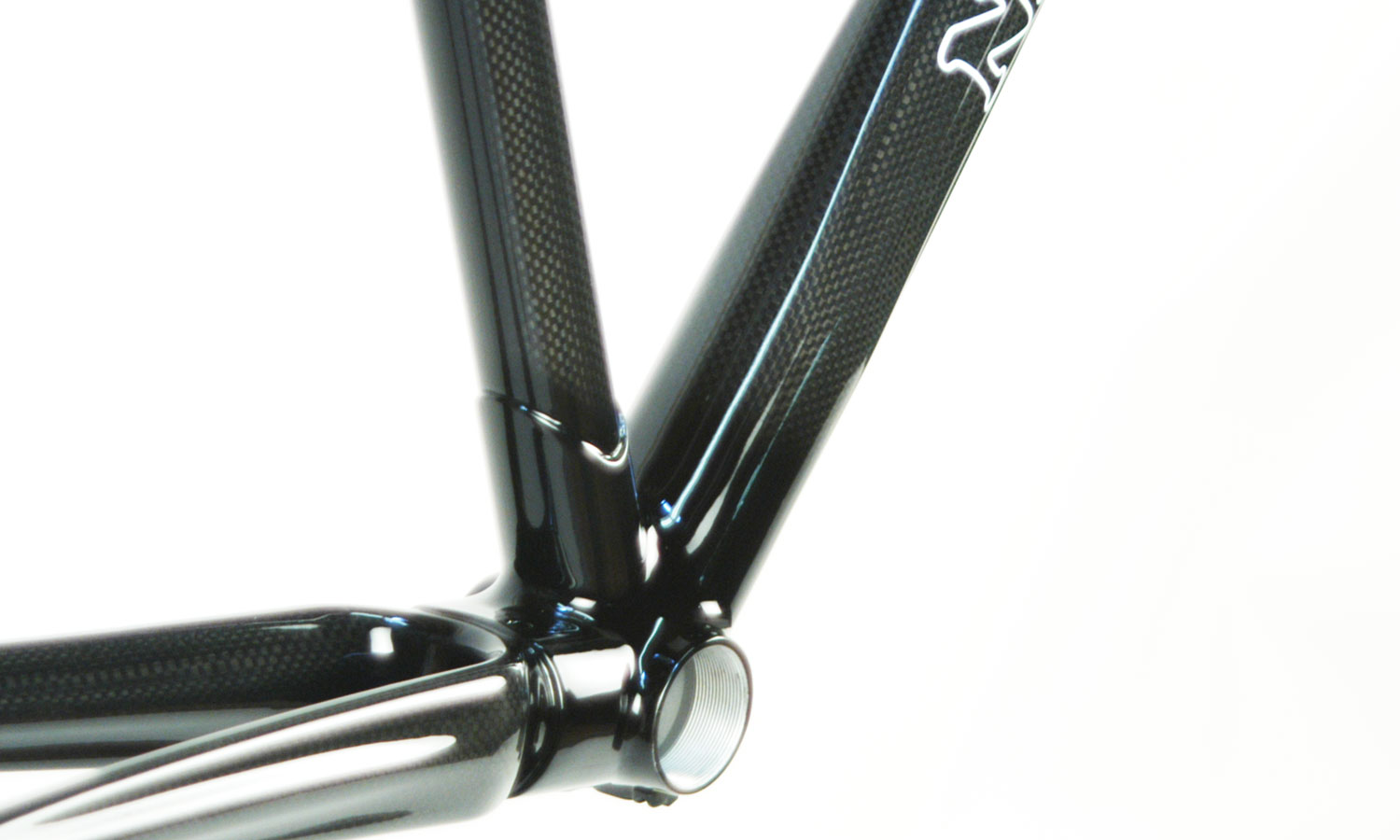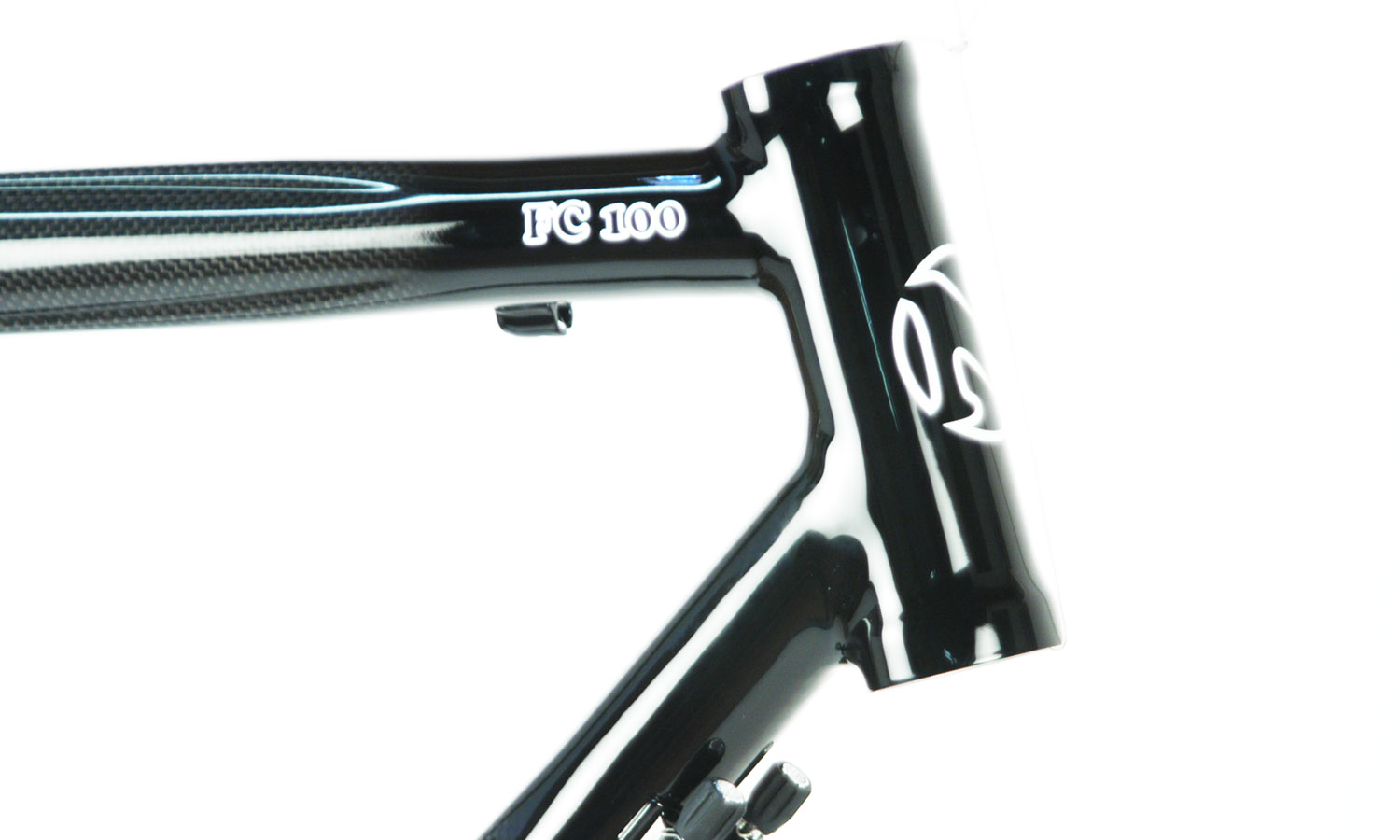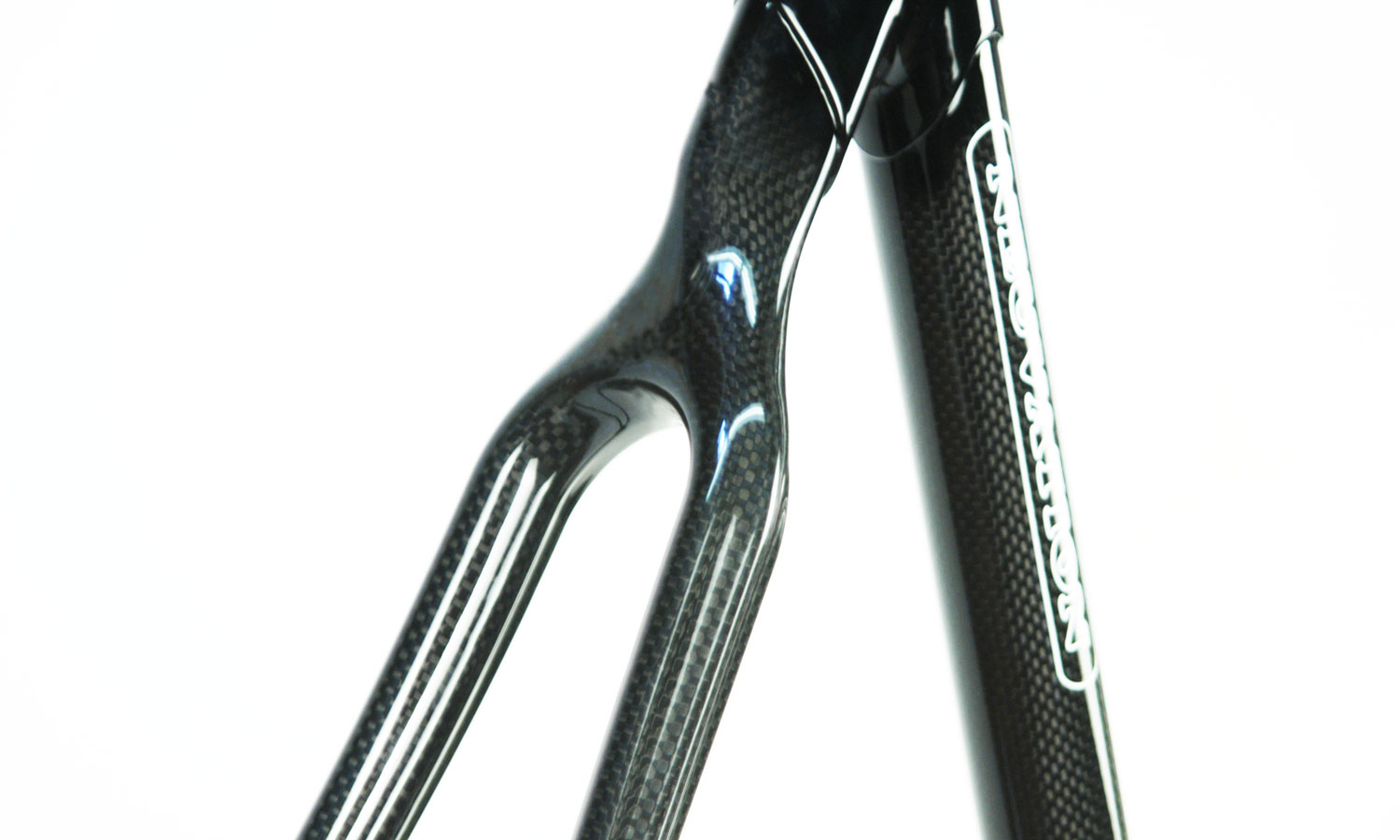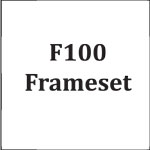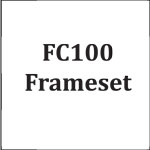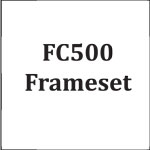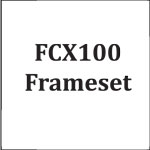FC100 Frameset
|
|
|
|
|||||
|
|
|
|
|||||
|
|
|
|
|||||
|
|
|||||||
|
|
|
|
|||||
|
I buy all of my carbon frames, forks, seat posts and handlebars from one manufacturer. I met him about 10 years ago. His factory was in the same industrial park as my wheel manufacturer. At that time, road bikes weren’t selling because the mountain bike boom was still on and all I can remember is thinking that he was in the wrong business. His primary customers were a well known high end French frame and fork maker. I was wrong. He got into the business by being the head of production for a large Taiwan bike company who was developing carbon frames. He’s been making them for about as long as anyone in Taiwan. The FC100 frame weighs about 1380 grams which is light but not as light as some others. The extra weight gives it extra strength. The headtube, seat cluster and bottom bracket are machined aluminum which gives me the option to specify my own specific geometries. One note about bike geometry. There is a tremendous amount of misinformation about bike geometry. Back in the old “steel days” pro riders all had custom frames. Why? Because the high end builders made them one at a time anyway and steel had many more weight and performance problems than current materials do so custom made some sense. As soon as the pros started riding carbon frames it because the rare exception rather than the norm to have custom frames. Many Pro Tour teams all ride stock frames. There is no need for custom unless you are a very unusual size. Bike fit is based on your three contact points – the pedals, saddle, and handlebars. The saddle position is dictated by the pedal position, and the handlebar position is based more on how you want to ride and how flexible you are. You can read more on this on the bike fit page. What you need to know is that the angles of the frame tubes, within reason, mean nothing as long as you can fit the three contact points comfortably. Carbon bike makers normally use a bladder that is inserted into the mold on the inside of the carbon fiber lay up. This frame is made differently in that the tubes are molded much as a plastic part would be – with a solid inside mold instead of a bladder. The advantage to this is that it allows us to squeeze out more epoxy making the frame lighter. The tubes also are molded in a proprietary shape that maximizes both lateral stiffness and vertical compliance. The result is a frame that is both very quick and very comfortable. That being said, the quality that I like most about this frame is its stability. It tracks dead straight even in tight corners. Prior to getting into the complete bike business, I rode a high end, late model, Italian steel frame. When I got the samples of both the FC100 carbon frame and F100 alloy frame I was shocked at how much better they were. The advent of quality carbon fiber frames (and high quality hydroformed aluminum frames) has made it possible to have both comfort and performance. With steel bikes the old adage was that there is always a tradeoff between the two. The newer manufacturing materials have totally changed that. Look at some of the customer comments about these and you will see that lots of our customers feel the same. We have been building bicycle wheels for about 10 years and have had lots and lots of favorable reviews on our wheels but the bikes have a higher percentage of customer satisfaction than our wheels. Sales pitches for the complete bikes ………..
Most high end bikes come with low end wheels or if they come with higher end wheels you pay an enormous premium for the. Normally $300 - $500 or more for wheels in the 1500-1600 gram range. The stock wheels are the 1750 gram M28 Aero wheels but it you want to upgrade to the R28 XSL wheels (1500 gram range) it’s only about $50. Bam, you have just knocked off 250 grams of rotating weight for about $50. That will make a huge difference in performance of the bicycle. Much more than spending hundreds of dollars on component upgrades. In addition, rather than trying to confuse you on component selection, I offer a handy price and weight calculator that gives you real information you can use in selecting the various components of the bike. It tells you exactly what you are getting for your money. Many high end bike company’s web sites don’t even include weights with their bike models (because they are heavy). Finally, no one that I am aware of, offers the level of customization at anywhere near the price that I do. All the bikes are completely assembled by Jeff. That’s all he does all day, every day and he’s pretty good at it. The bikes are completely assembled and we disassemble them as little as possible to get them into the biggest box we can ship (without paying huge oversize fees to UPS). We remove the saddle/seat post, front wheel, and front brake caliper from the fork. In addition the handlebars are removed from the stem. Most people take about 45 minutes to assemble them but half of that time is in removing the packing material we ship them in. |
|||||||
|
|
|
|
|||||
